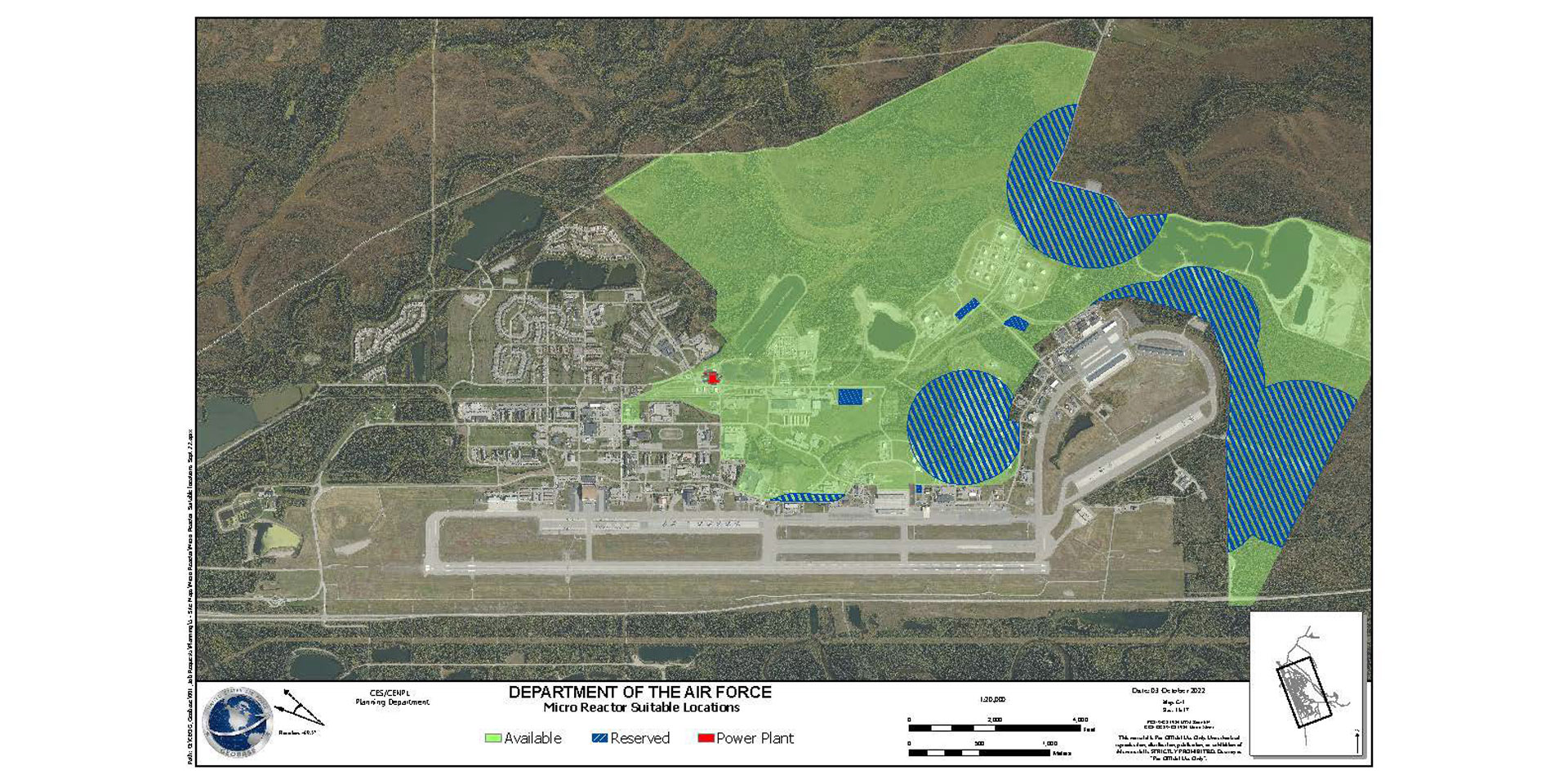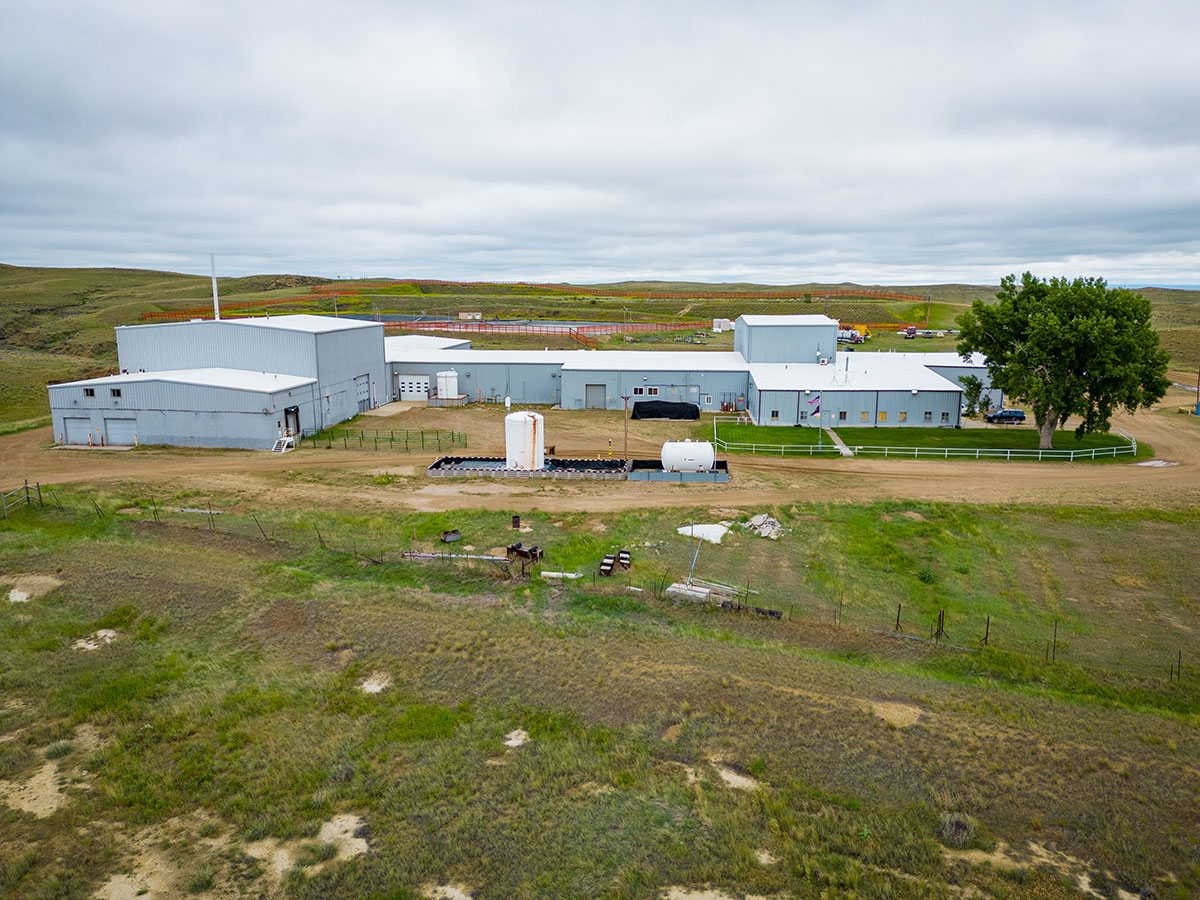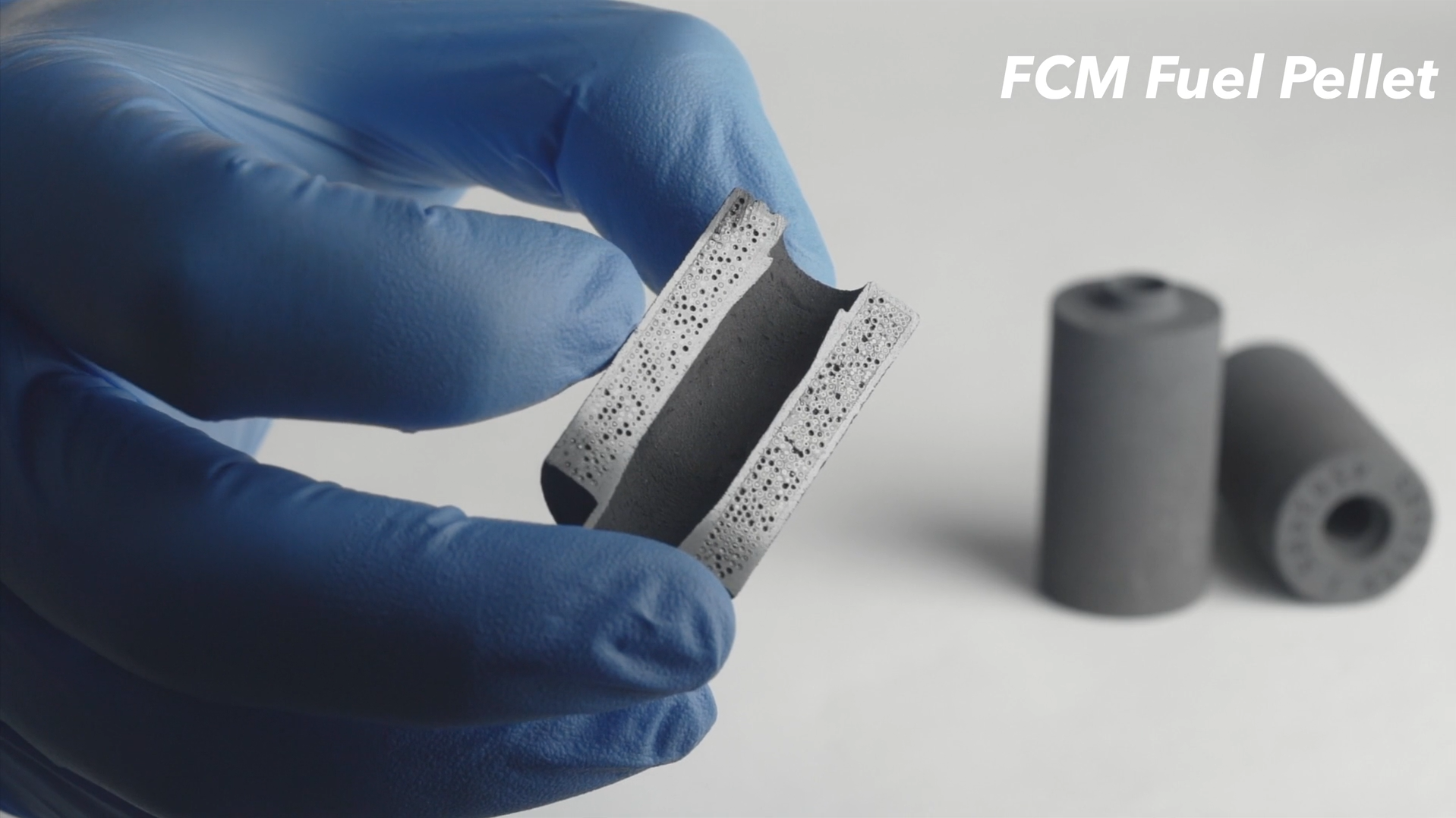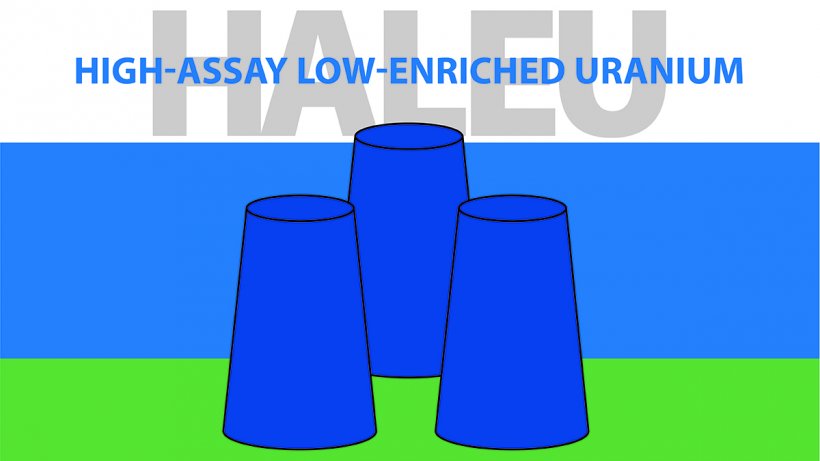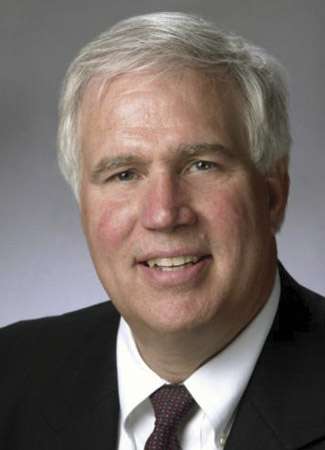Urenco UK’s Capenhurst enrichment site, which received a grant in July 2023 to prepare for HALEU enrichment. (Photo: Urenco UK)
The United Kingdom’s Department for Energy Security and Net Zero announced plans on January 7 to invest £300 million (about $383 million) to build a high-assay low-enriched uranium (HALEU) enrichment facility in northwest England. The goal? To “end Russia’s reign as the only commercial producer of HALEU.” Britain is now the first European country to declare that it will begin HALEU enrichment in a bid for supply chain security.
Some of the participants at the NEA Workshop on Extended Storage and Transportation of Spent Fuel and Radioactive Waste from Current and Future Reactor Technologies. (Photo: NEA)
A recent event co-organized by the Nuclear Energy Agency, the Electric Power Research Institute, and Holtec International brought together about 100 international experts for a workshop on spent fuel and radioactive waste.
A map of the potential reactor siting area (in green) at Eielson Air Force Base in Alaska provided during a pre-proposal conference in October 2022. (Graphic: Department of the Air Force)
Plans announced with fanfare sometimes falter in the face of competition or economics. Take NuScale Power’s plans for the Carbon Free Power Project in Idaho: The project was canceled in mid-November by NuScale and its first customer, Utah Associated Municipal Power Systems, after nearly a decade. The significance of that news depends on the observer. NuScale intends to focus on other sites and customers. Competitors may redouble efforts to tout their own designs and customer lists. Media found an opportunity to speculate about the future of advanced nuclear. And while many in the nuclear community believe the momentum in favor of new nuclear deployments is continuing—or even increasing as COP28 continues—others would caution against high hopes and point to the persistent obstacles of regulation, supply chain constraints, and financing costs.
The Irigaray central processing plant, in Wyoming’s Powder River Basin. (Photo: Uranium Energy)
TerraPower and Uranium Energy announced today that they have signed a memorandum of understanding to “explore the potential supply of uranium” for TerraPower’s demonstration reactor in Kemmerer, Wyo.
The project team included (from left to right) Jennifer Watkins, Seth Ashby, and Adrian Wagner. (Photo: INL)
Researchers at Idaho National Laboratory in early 2023 manufactured commercial-grade high-assay low-enriched uranium (HALEU) fuel pellets to the specifications of a General Electric accident tolerant fuel design, INL announced November 21. A team working at INL’s Experimental Fuels Facility at the Material and Fuels Complex fabricated about two dozen uranium dioxide pellets using HALEU enriched up to 15 percent U-235.
The Engineering Test Unit at KP Southwest. (Photo: Kairos Power)
In October, staff at Kairos Power’s testing and manufacturing facility in Albuquerque, N. M., began transferring 14 tons of molten fluoride salt coolant into an Engineering Test Unit (ETU)—the largest transfer of FLiBe (a mixture of lithium fluoride and beryllium fluoride) since the Molten Salt Reactor Experiment in 1969.
NEA director general William Magwood (left) and EPRI senior vice president Neil Wilmshurst finalize EPRI support for the joint WISARD project. (Photo: NEA)
The Nuclear Energy Agency has announced a new collaboration with the Electric Power Research Institute on an upcoming project that will focus on waste management strategies for small modular reactors and advanced nuclear energy systems.
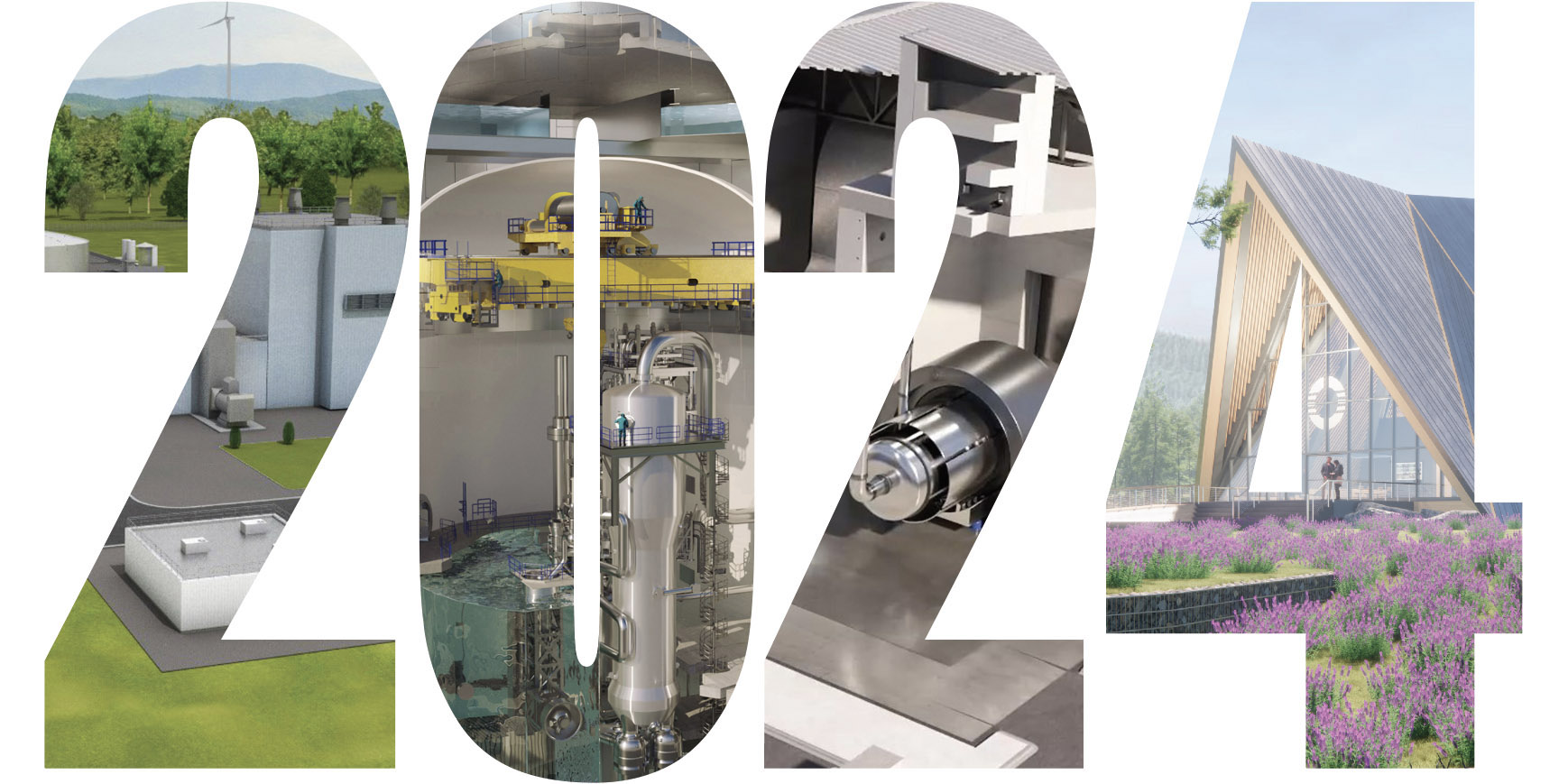

-3 2x1.jpg)
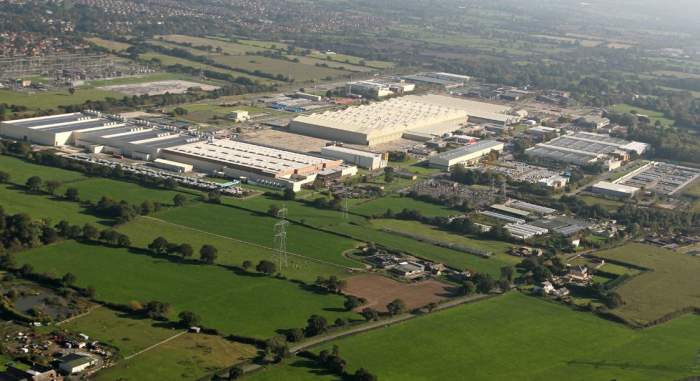
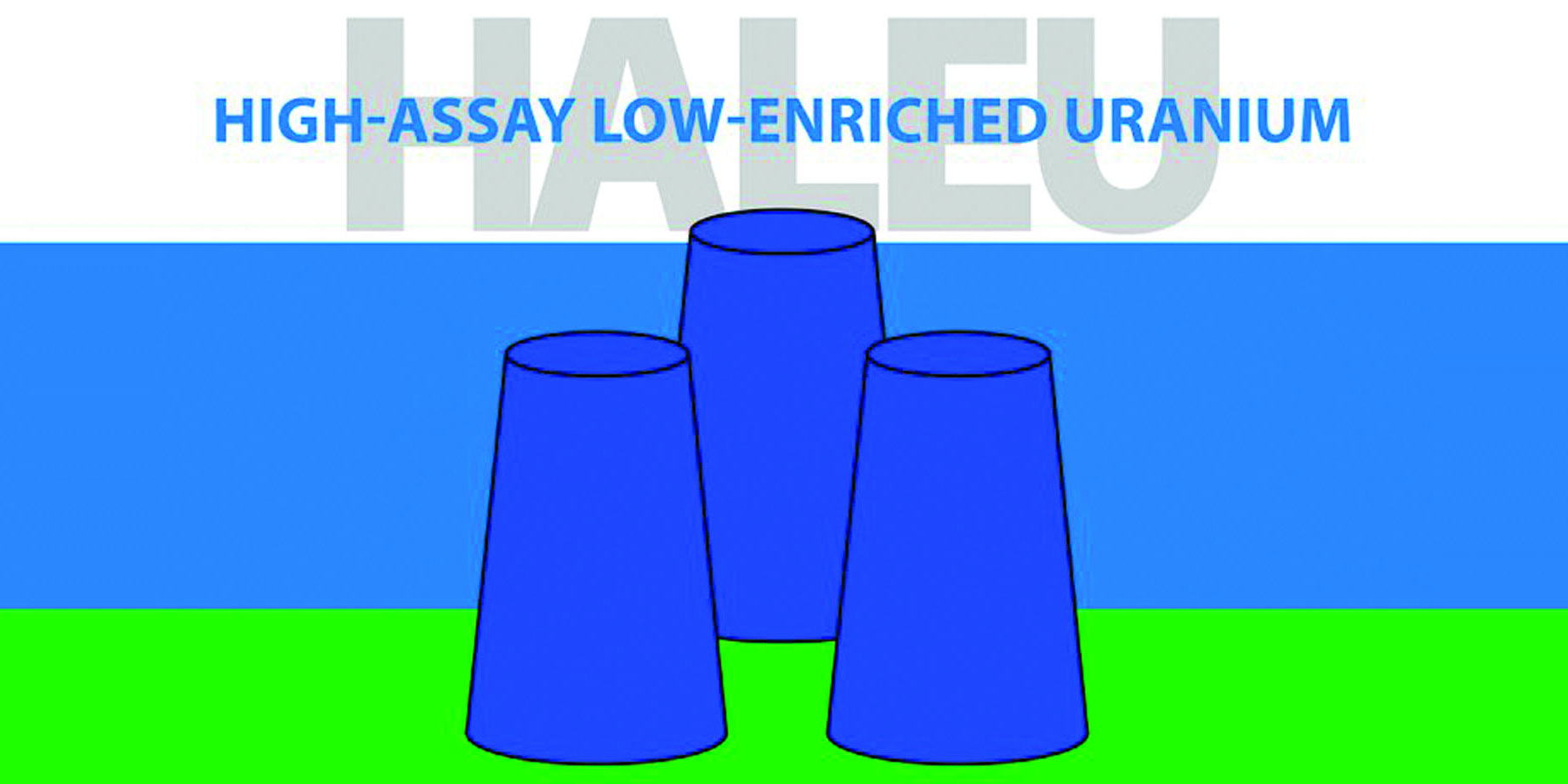
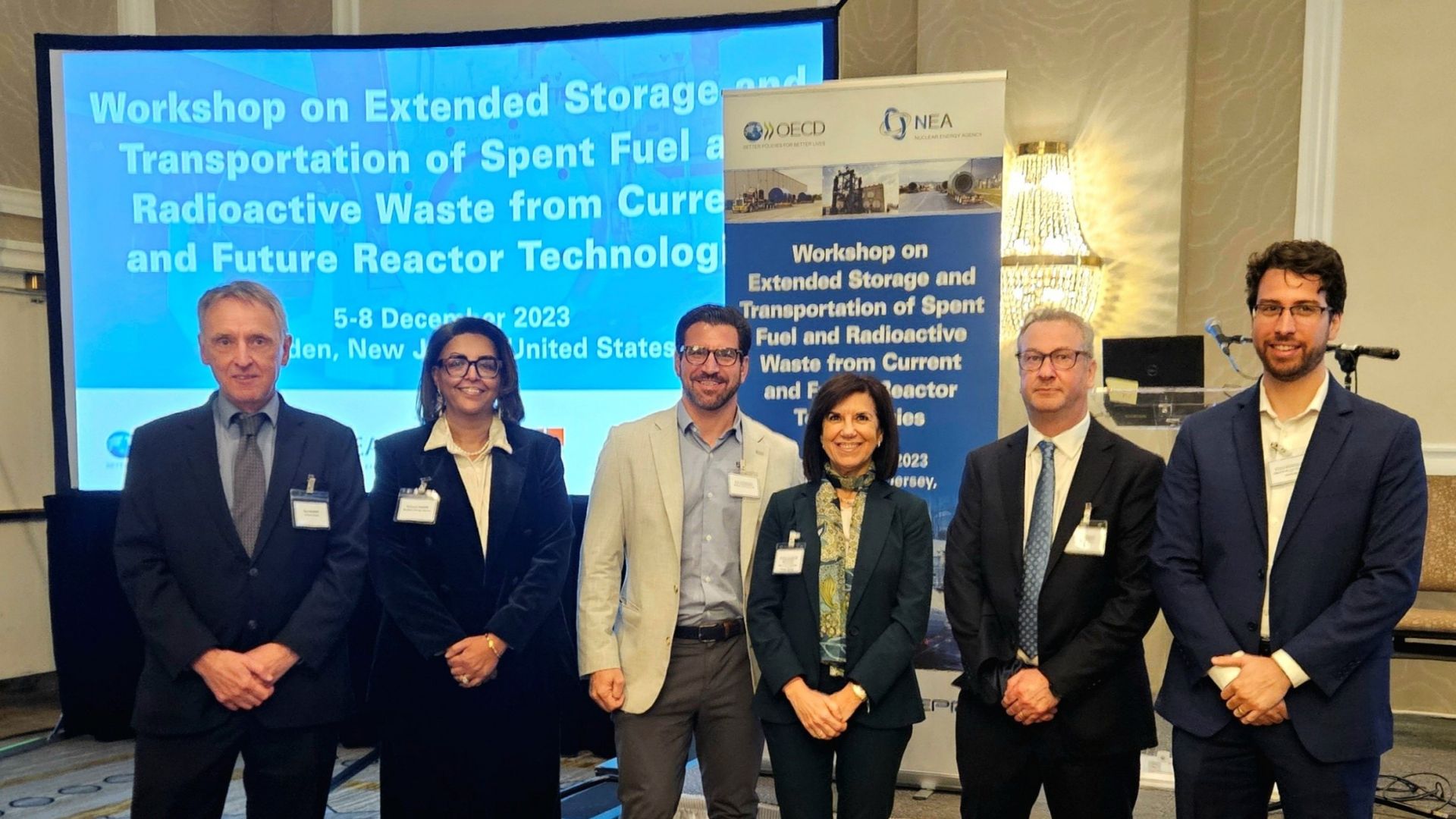
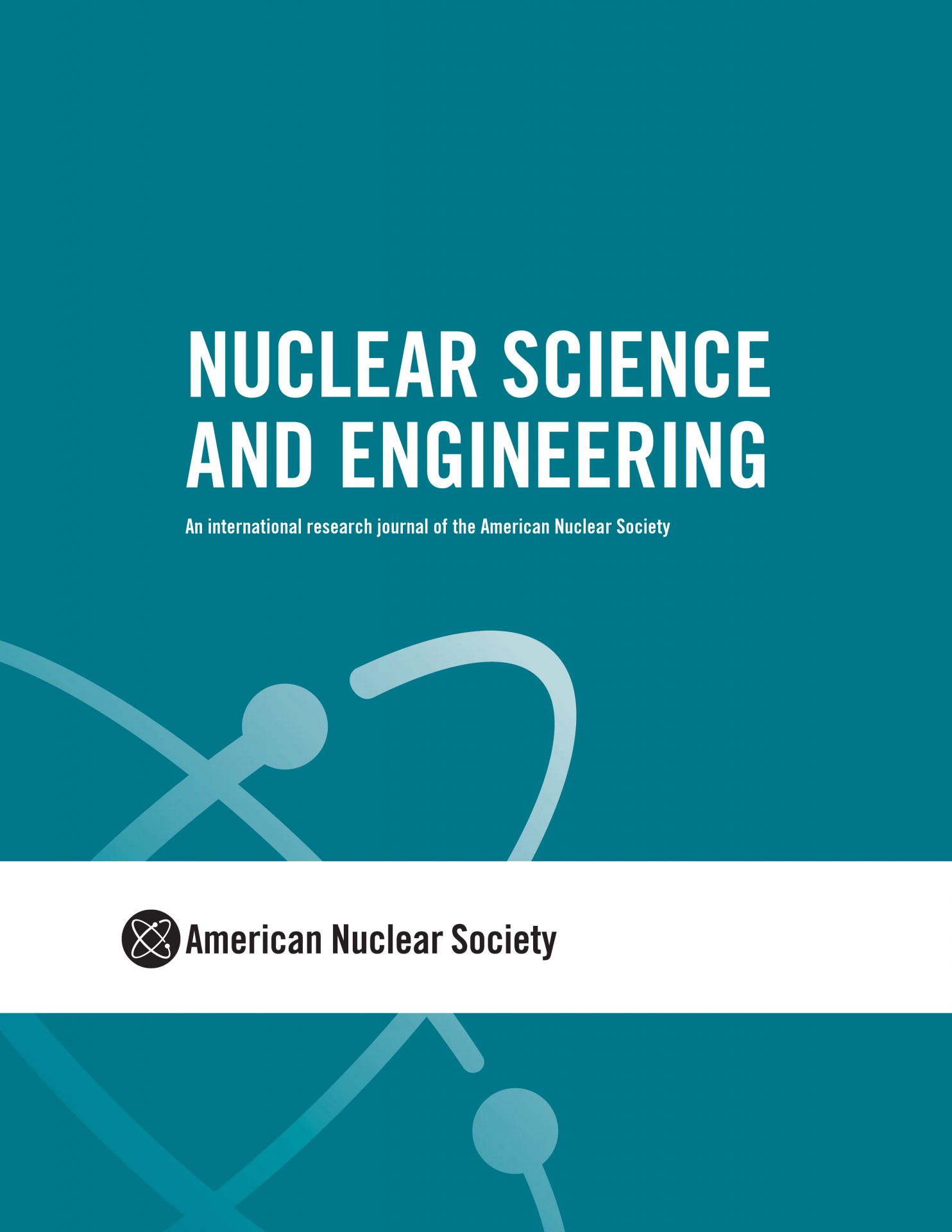 Two teams of guest editors from Idaho National Laboratory have announced plans for special issues of the American Nuclear Society's Nuclear Science and Engineering, the nuclear community’s longest-running technical journal. Abdalla Abou Jaoude and Abderrafi M. Ougouag are leading the NSE issue Technical Challenges and Opportunities in the Development and Deployment of Microreactors, while Joseph Nielsen and Piyush Sabharwall are organizing the NSE issue Irradiation Experiments Supporting Advanced Nuclear Technologies.
Two teams of guest editors from Idaho National Laboratory have announced plans for special issues of the American Nuclear Society's Nuclear Science and Engineering, the nuclear community’s longest-running technical journal. Abdalla Abou Jaoude and Abderrafi M. Ougouag are leading the NSE issue Technical Challenges and Opportunities in the Development and Deployment of Microreactors, while Joseph Nielsen and Piyush Sabharwall are organizing the NSE issue Irradiation Experiments Supporting Advanced Nuclear Technologies.
